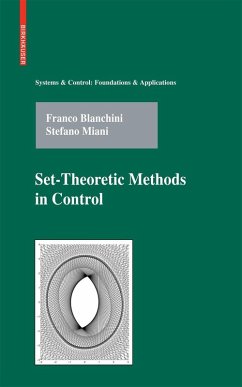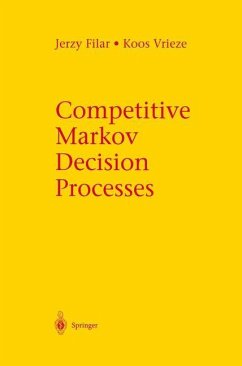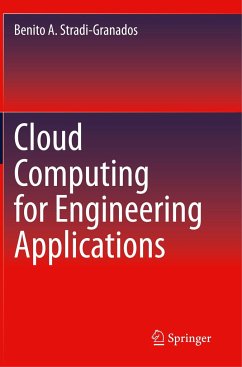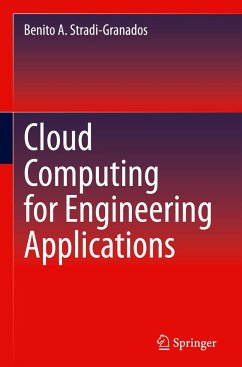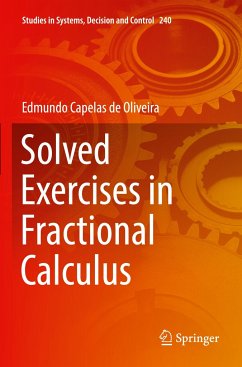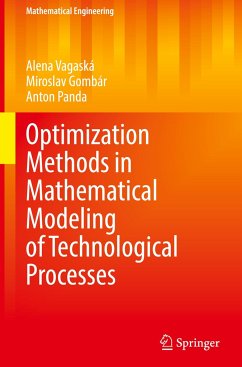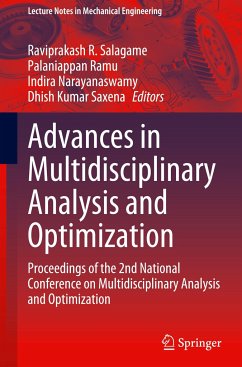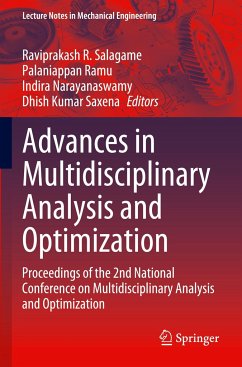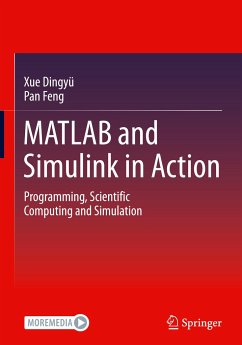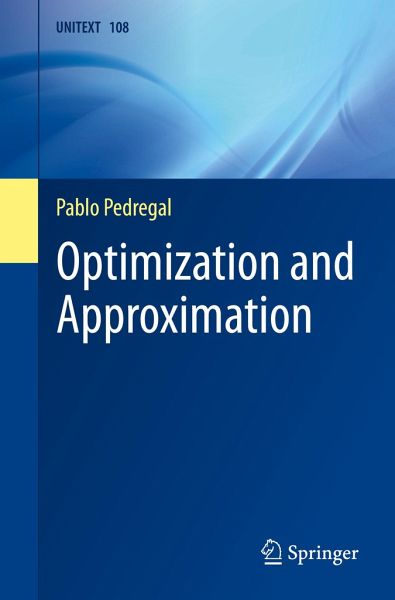
Optimization and Approximation

PAYBACK Punkte
23 °P sammeln!
This book provides a basic, initial resource, introducing science and engineering students to the field of optimization. It covers three main areas: mathematical programming, calculus of variations and optimal control, highlighting the ideas and concepts and offering insights into the importance of optimality conditions in each area. It also systematically presents affordable approximation methods. Exercises at various levels have been included to support the learning process.





